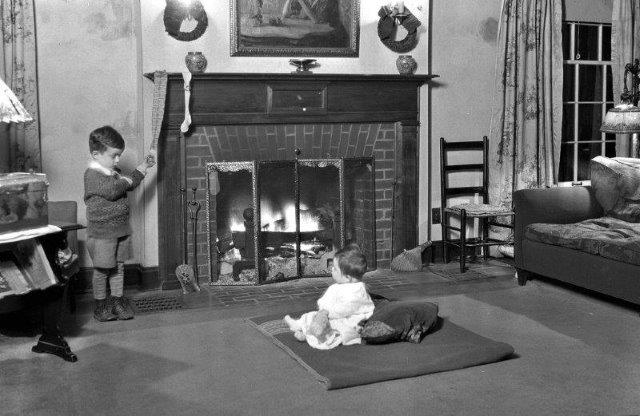
The federal government appears to be going all out to settle its long-running public sector pay dispute with as many departments and agencies as it can before Christmas, with Human Services likely to be one of the first.
In a bulletin to its members, the Community and Public Sector Union (CPSU) said the Department of Human Services’ (DHS) lead negotiator had written to DHS staff to say the Department would like its 35,000 staff to vote on a proposed enterprise agreement before Christmas.
The bulletin said:
“DHS are polling staff on whether or not they want to vote on an agreement before Christmas. We don’t just want a vote before Christmas – we want to vote on a fair offer. It’s a shame they haven’t asked that.
“If the department makes another unacceptable offer, we will advise our members to reject it and continue to push for the outcomes our members and their families need.”
It added that requesting for a vote before Christmas: “Seems to be a strategy from management in a number of agencies across the APS.”
DHS staff, who run key government services like Medicare, Centrelink and the Child Support Agency, voted decisively in mid-September to reject a government pay offer of 4.5 per cent over three years.
The CPSU said that the pay offer was too low and claimed the terms of the agreement stripped workers’ rights to flexible working arrangements and hit casual loading normally paid to casual staff.
DHS General Manager Hank Jongen said the department would meet with bargaining representatives this week to progress bargaining and to discuss the department’s proposed voting schedule, following staff feedback.
“Staff have told us that they would like to progress to a vote before Christmas, so the department is working towards a vote in December,” Mr Jongen said.
“As we are currently in the bargaining process, details of our revised agreement and remuneration proposal are not confirmed. However, the revised APS bargaining policy gives the department more flexibility over what we can include in the agreement and an opportunity to offer staff a higher pay offer – up to 6 per cent over three years.”
The government will be keen to avoid further disruption to international airports in the run-up to Christmas, particularly in the wake of strike action by Border Force, Immigration and Agriculture staff, who walked off the job for 24 hours earlier this month, disrupting passport control, passenger screening and customs inspections.
The day-long stoppage followed a series of rolling two-hour strikes throughout September at eight airports around Australia as part of an ongoing dispute over pay and working conditions.
Prime Minister Malcolm Turnbull could view delivering a signed agreement with the largest federal government department – DHS – before Christmas as starting a domino effect, causing other departments to topple and sign on the dotted line.
It is not known yet what the revised offer from the government would be. In September, Public Services Minister Michaelia Cash announced that the government would lift the cap on public sector pay rises from 1.5 per cent to 2 per cent each year over three years.
The CPSU said its 7000 members had made it clear that they would not vote for an offer that came at the expense of cuts to rights, conditions and take home pay.
CPSU National Secretary Nadine Flood said: “We’ve made it clear all year – both at the negotiating table and beyond – that this dispute could be resolved if the Government dropped the cuts to rights, conditions and take-home pay and maintained real wages.
“We’re up for a resolution that provides sensible and fair outcomes, but CPSU members are also fully committed to continuing their campaign – including strikes and bans – if the Government is not serious about solving this impasse.”
Government News has contacted the Department of Human Services for comment.





Leave a Reply